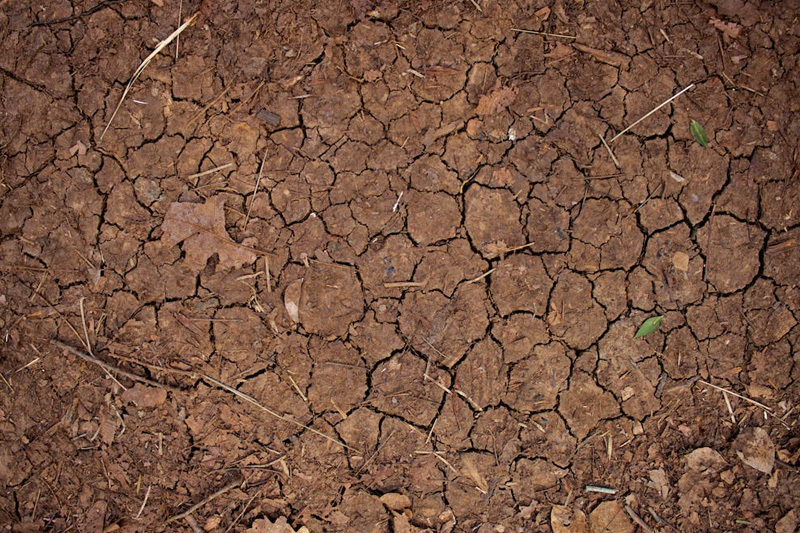
Does ‘Loss And Damage’ Deal Highlight Inadequacy Of Current Climate Efforts?
Governments from richer and poorer countries have drawn up the blueprint for a new “loss and damage” fund after a tense two-day meeting under UN guidance in Abu Dhabi.
No strong target has been set for how much money the fund will release, but countries facing the brunt of the climate emergency hope it will reach hundreds of billions of dollars soon.
The fund will be administered at first by the World Bank, and will draw on sources including large developing countries and the United States, the United Kingdom and the European Union.
Repairing Damage From Climate Breakdown
Loss and damage has been one of the most disputed issues at global climate discussions for more than a decade. Poorer countries with tiny carbon footprints are being unfairly impacted.
In a breakthrough last November, the COP27 Summit in Egypt agreed on the establishment of a loss and damage fund to rescue and rehabilitate communities hit by climate disaster.
Nonetheless, the blueprint drawn up in Abu Dhabi must be formally adopted at the COP28 Summit in Dubai at the end of this month.
Keep Reading
Agreement Not Enough To Guarantee Help
At the meeting, developing countries made significant concessions, such as agreeing the fund could be managed on an interim basis by the World Bank.
Developed countries also nodded to language that implied they should be the key donors, as they would be “urged” to contribute to the fund while others would be “encouraged”.
Campaigners, however, have raised concerns over the deal not being enough to guarantee the funds needed, likely to reach trillions of dollars a year by the end of 2030.
Global Stocktake And Paris Agreement Goals
Harjeet Singh, from Climate Action Network International, highlighted “the reluctance of wealthy nations to fulfil their financial responsibilities, in spite of historical obligations.”
Several pressing issues could derail the COP28 Summit, including an agreement to phase out fossil fuels, which is strongly opposed by many oil and gas producers.
The “global stocktake”, by which progress will be assessed on meeting the Paris Agreement goal of limiting global warming to 1.5C above pre-industrial levels, will also be disputable.




